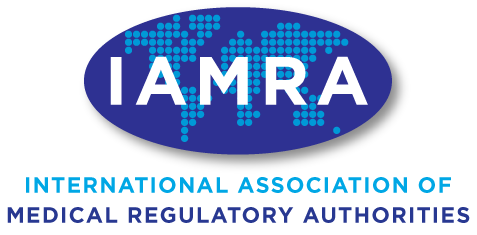Message from the Chair

Message from the Chair
Kia ora koutou, rau rangatira mā,
Greetings leaders and colleagues,
On behalf of the IAMRA Board of Directors and all IAMRA members and partners, I would like to congratulate the Sri Lanka Medical Council for reaching their centenary milestone. This marks 100 years of service - ensuring that medical, dental and other healthcare practitioners meet the highest standards of education, competence, and ethical conduct.
A hundred years ago, in a vastly different world, the body that preceded today’s Sri Lanka Medical Council began its journey. From its earliest roots in the Ceylon Medical School in 1870 to the formation of the Ceylon Medical Council, under British rule in 1925 that was modelled on the UK’s General Medical Council, through to being renamed the Sri Lanka Medical Council in 1988, to its evolution into a modern statutory body committed to the principles of professionalism, accountability and equity in healthcare.
This occasion marked not only a hundred years of service and stewardship by the Sri Lanka Medical Council, but also its valued position within the global community. IAMRA works to support its members in the mission of safeguarding the public through effective health practitioner regulation. We were thrilled to recently welcome the Sri Lanka Medical Council to our community, further strengthening the international collaboration essential for promoting patient safety, quality care, and professional standards in an increasingly interconnected complex world.
It was a privilege to attend the centenary celebrations of the Sri Lanka Medical Council and to represent IAMRA in delivering the keynote address. In the keynote, I spoke about trust – public trust in the profession, public trust in the regulator and also the importance of the professions we regulate having trust in us as the regulator.
Integrating public and consumer voices into regulation builds trust. We must have public and consumer input at every level - governance and operations - including decision-making, setting of standards, accreditation of training institutions, and investigation of complaints. In doing so we strengthen transparency, accountability, and trust in the system. Incorporating public and consumer input is not just good practice—it’s essential to the work we do, and in shaping the delivery of responsive, equitable, and safe care to our communities.
Good regulation depends not only on technical rigour but also on social accountability.
Ngā mihi nui
Joan Simeon
Chair, IAMRA
Read more here.
